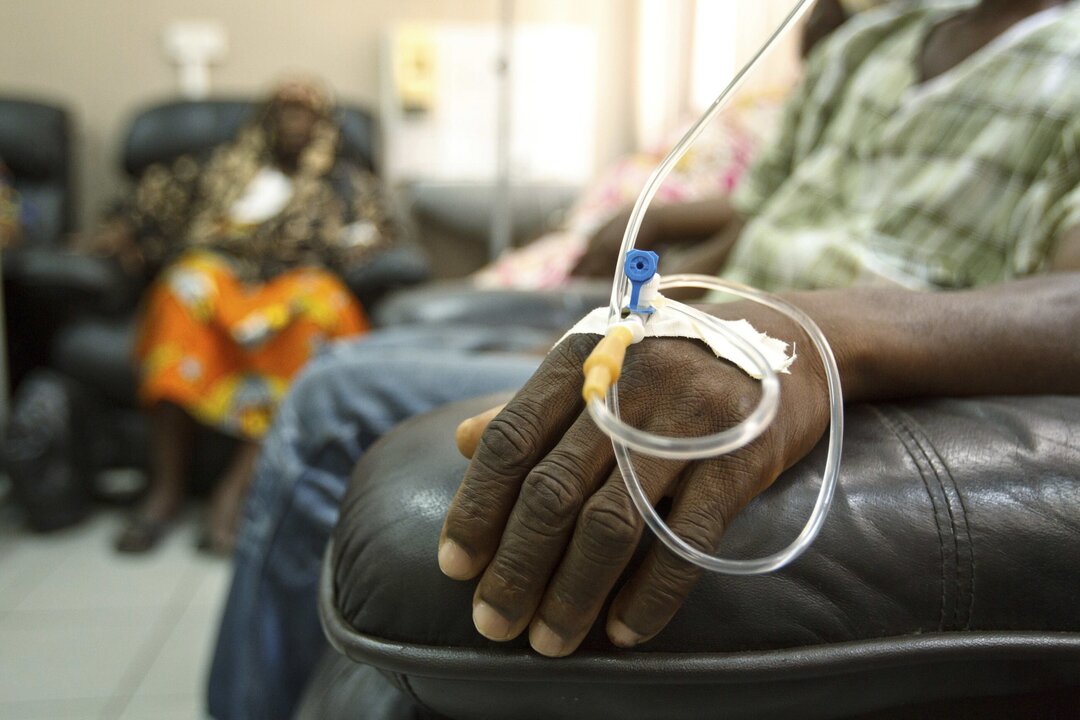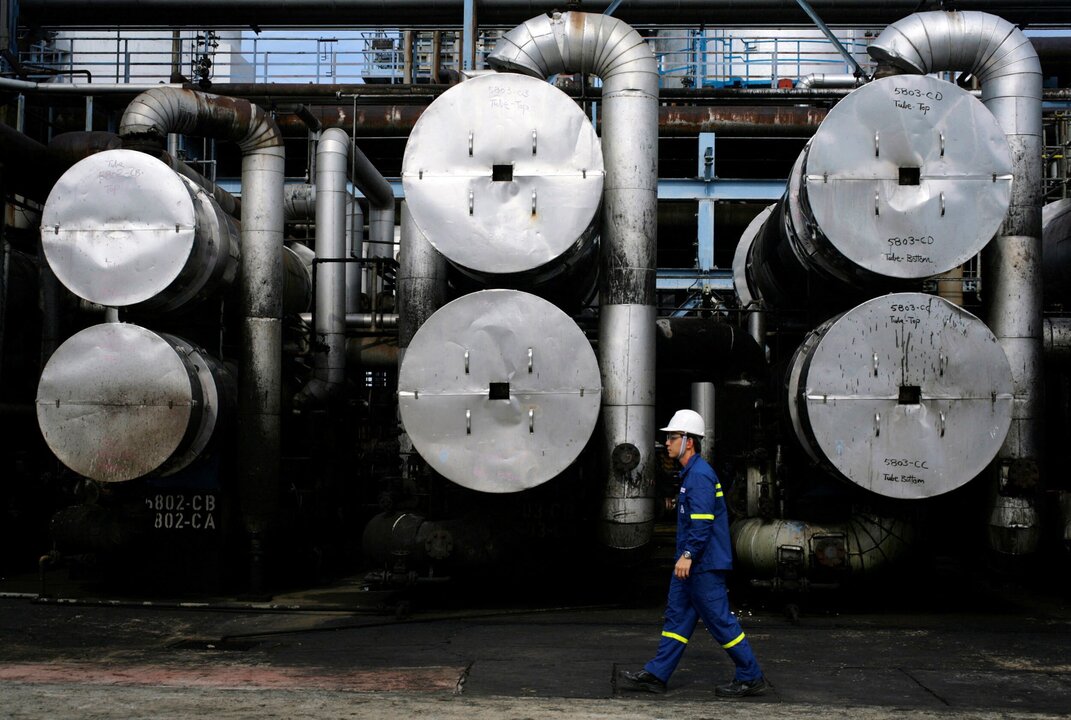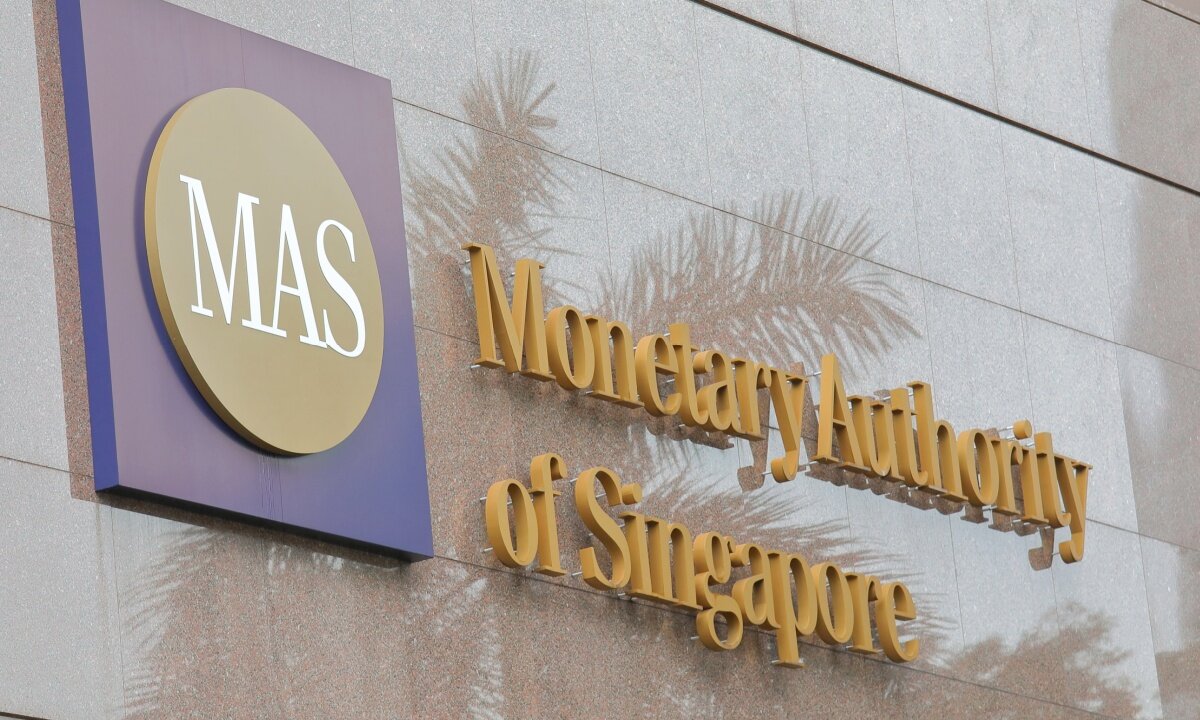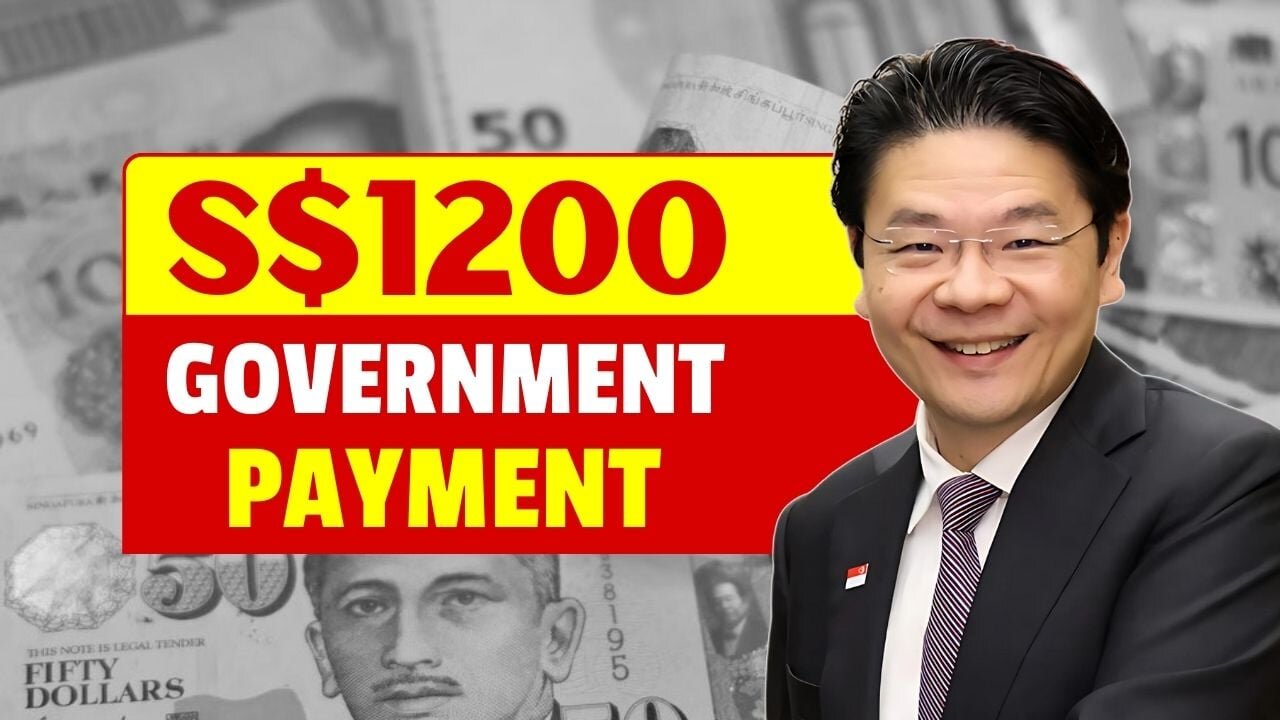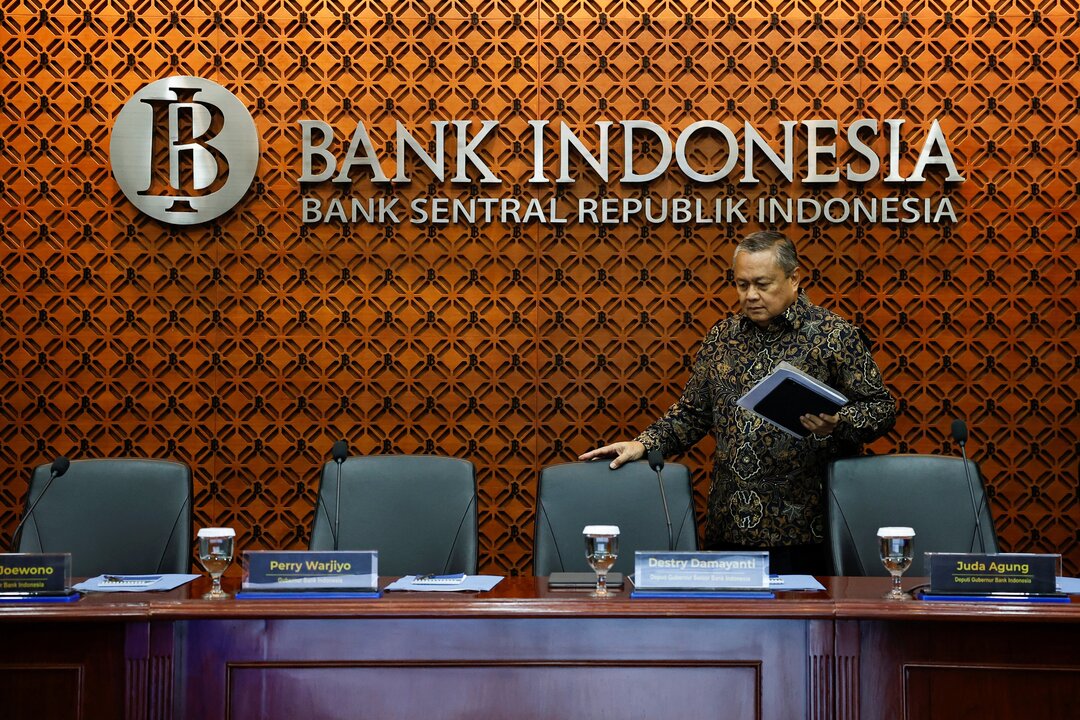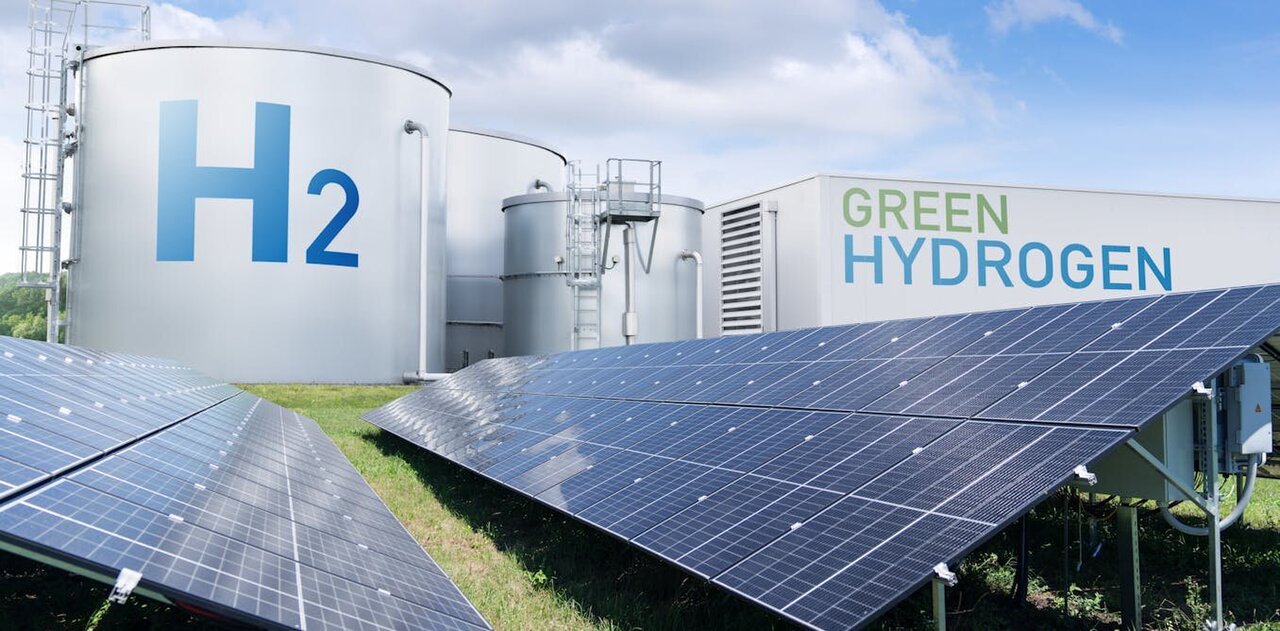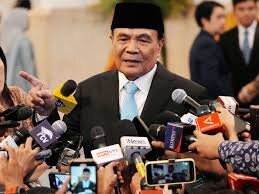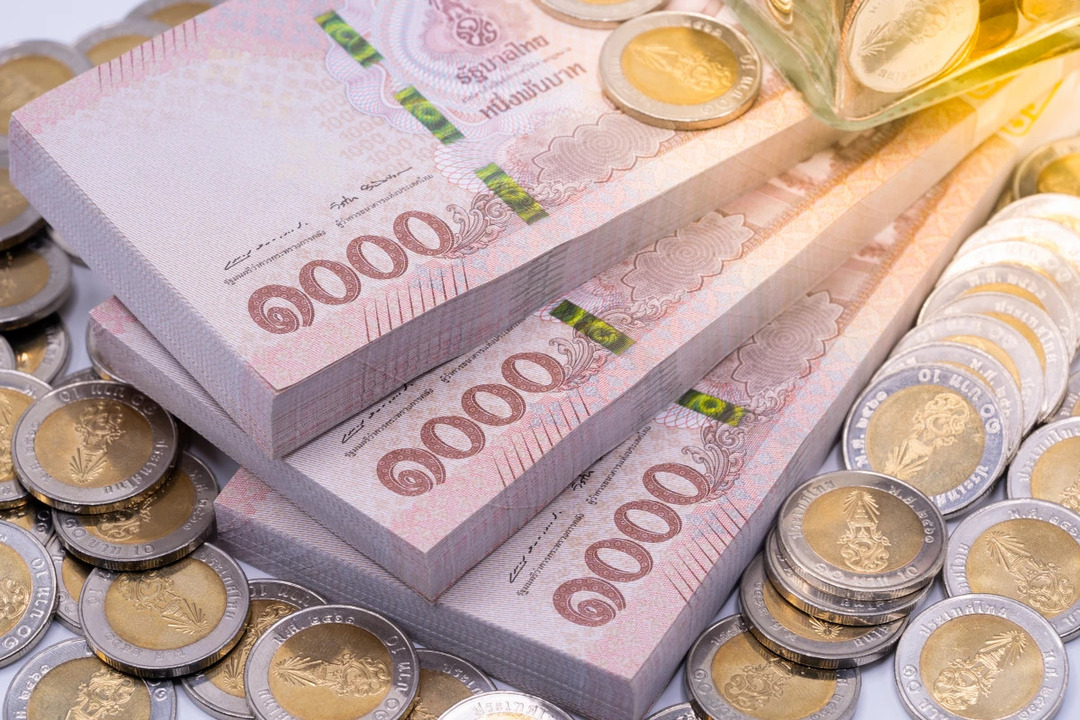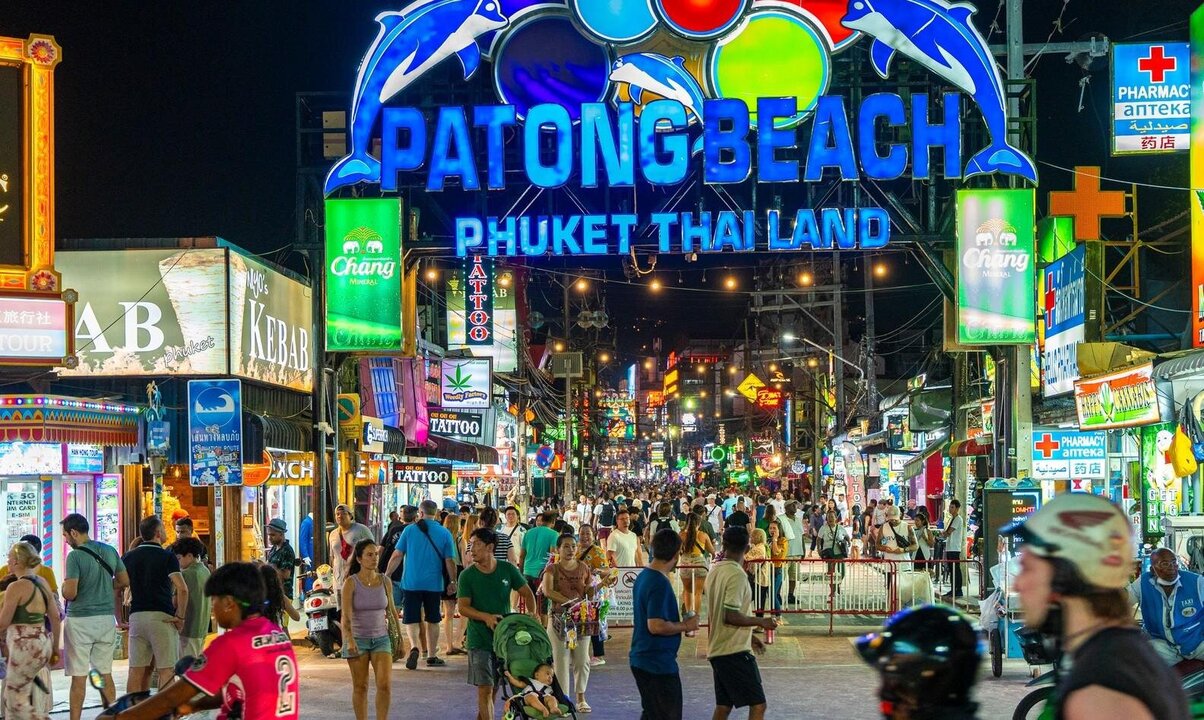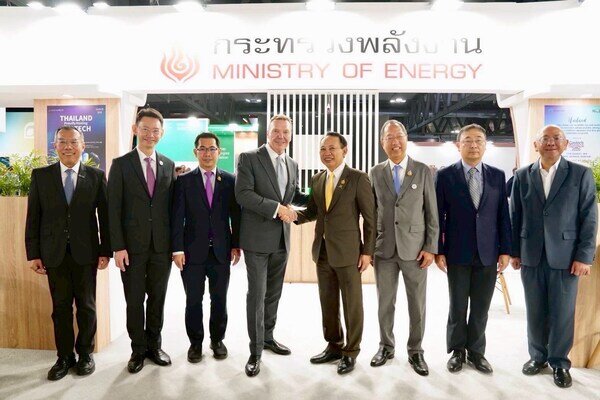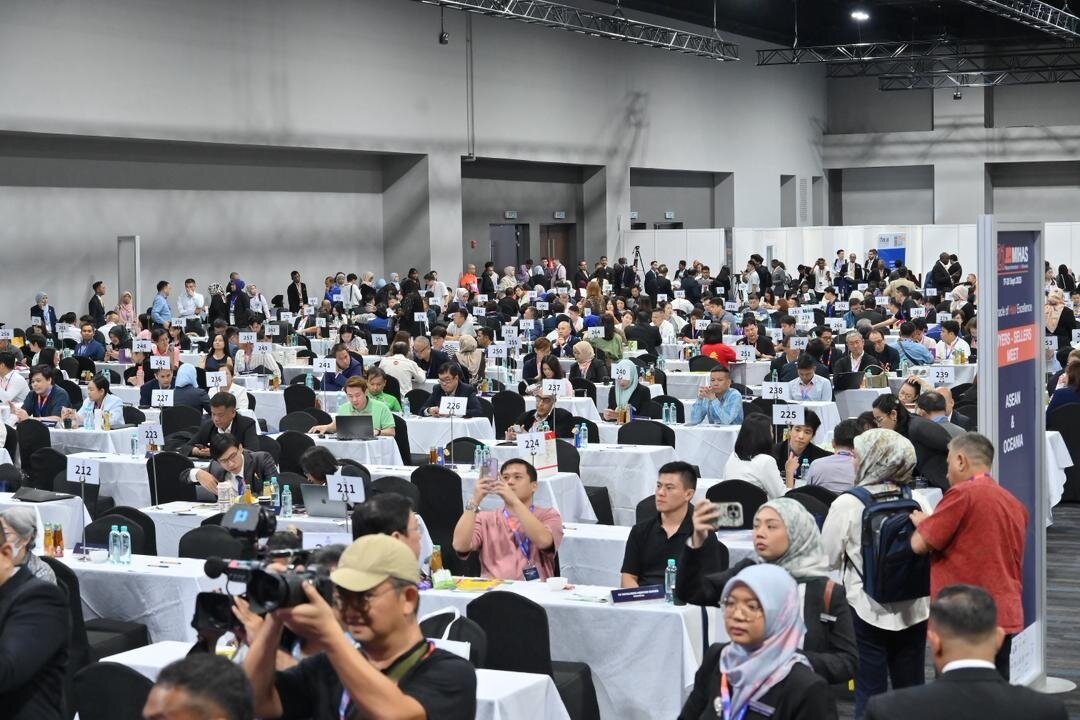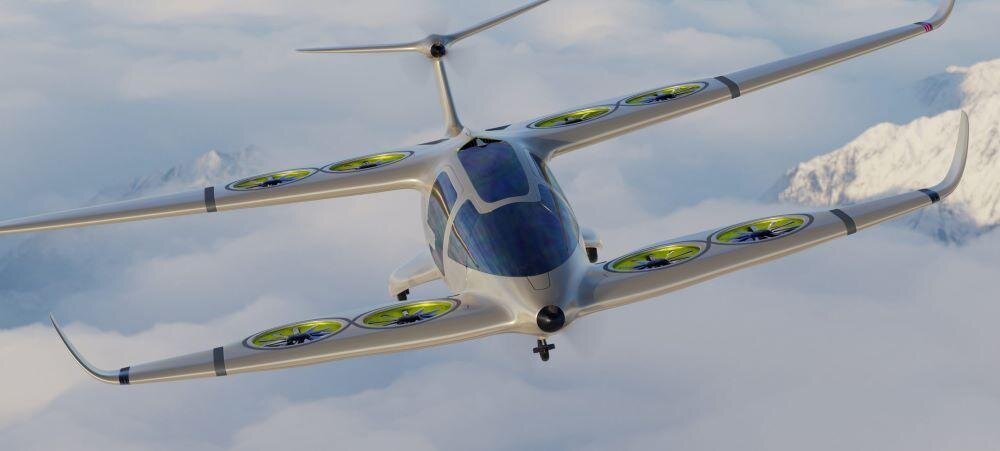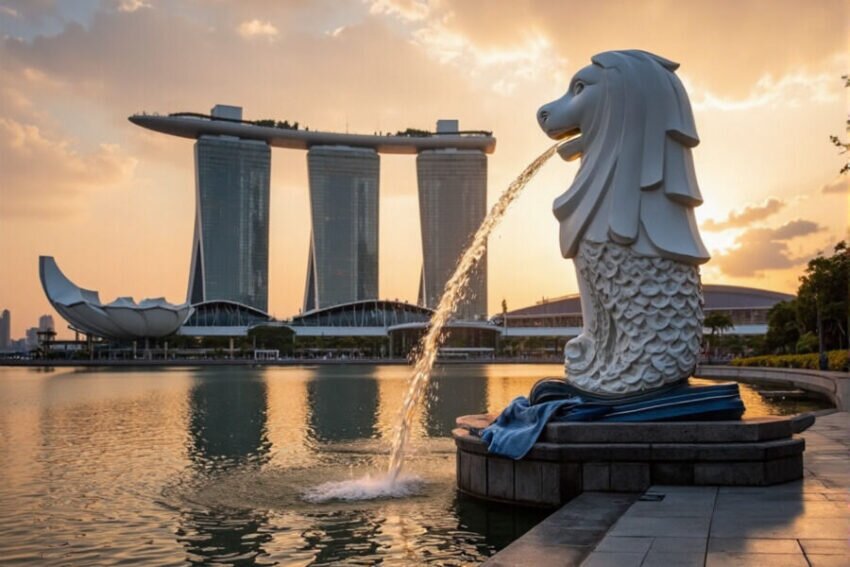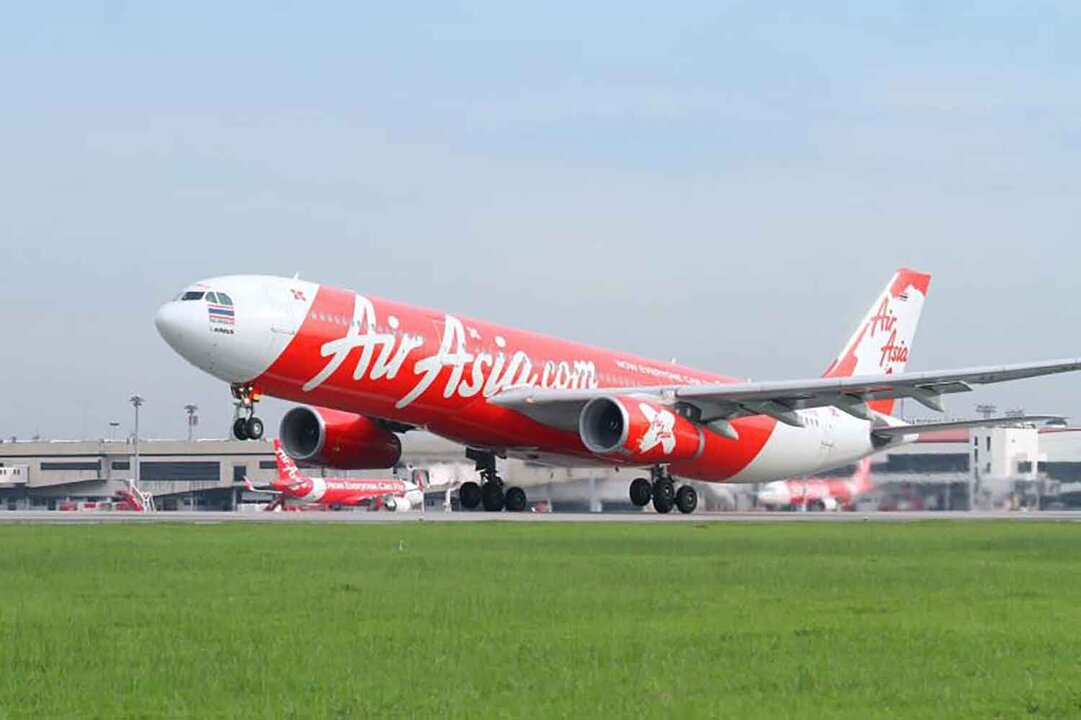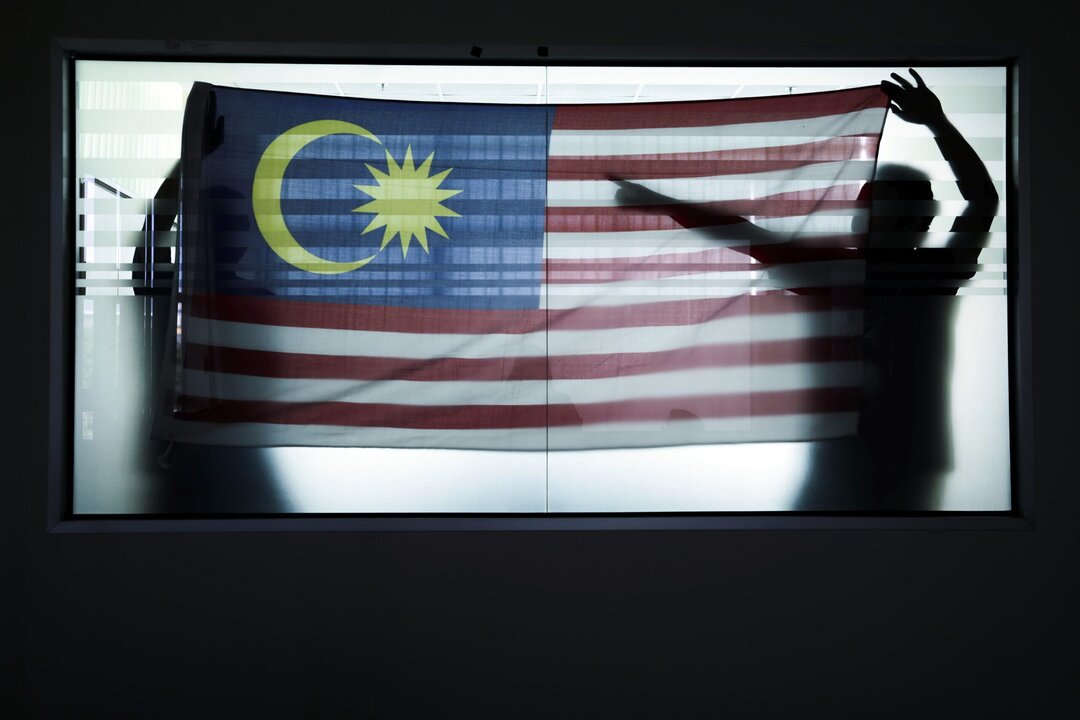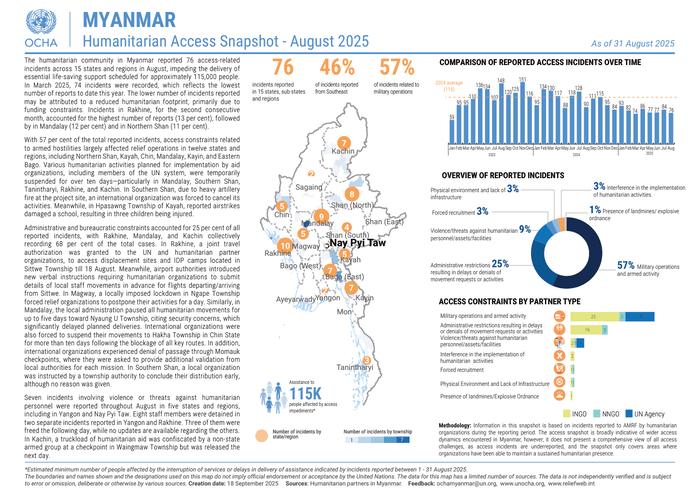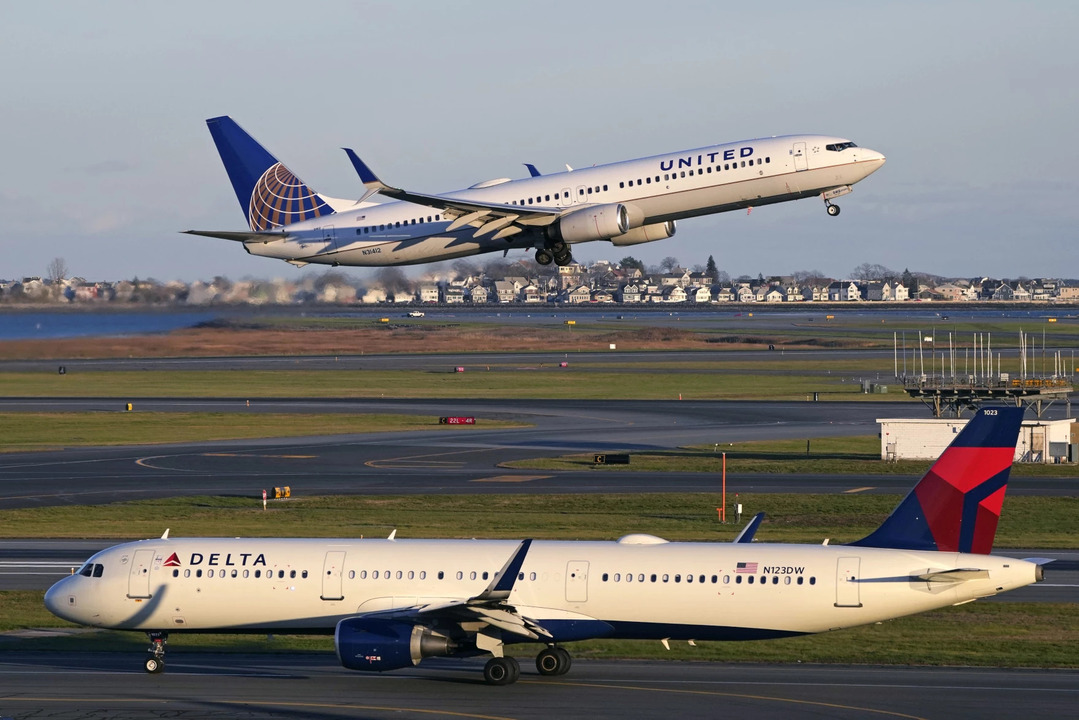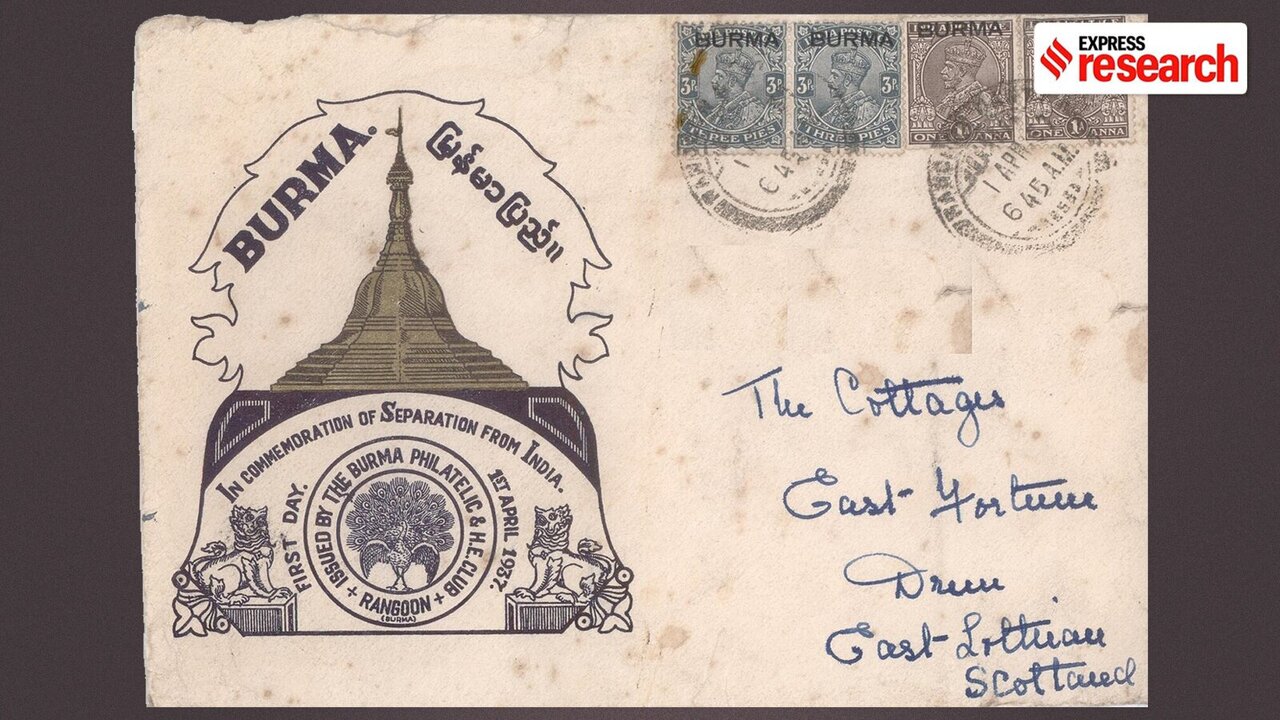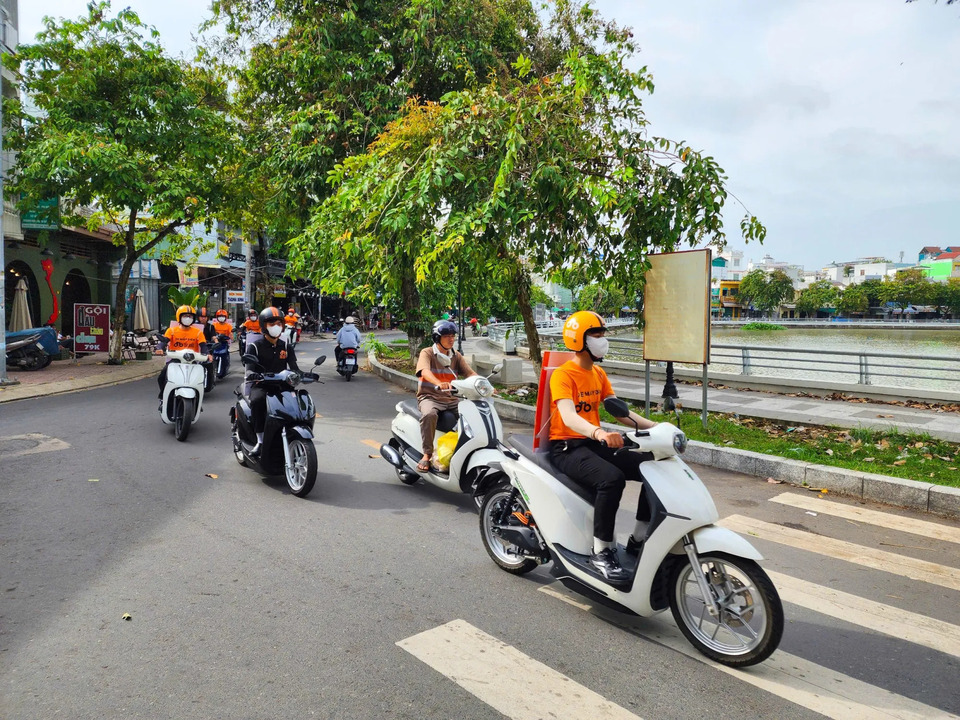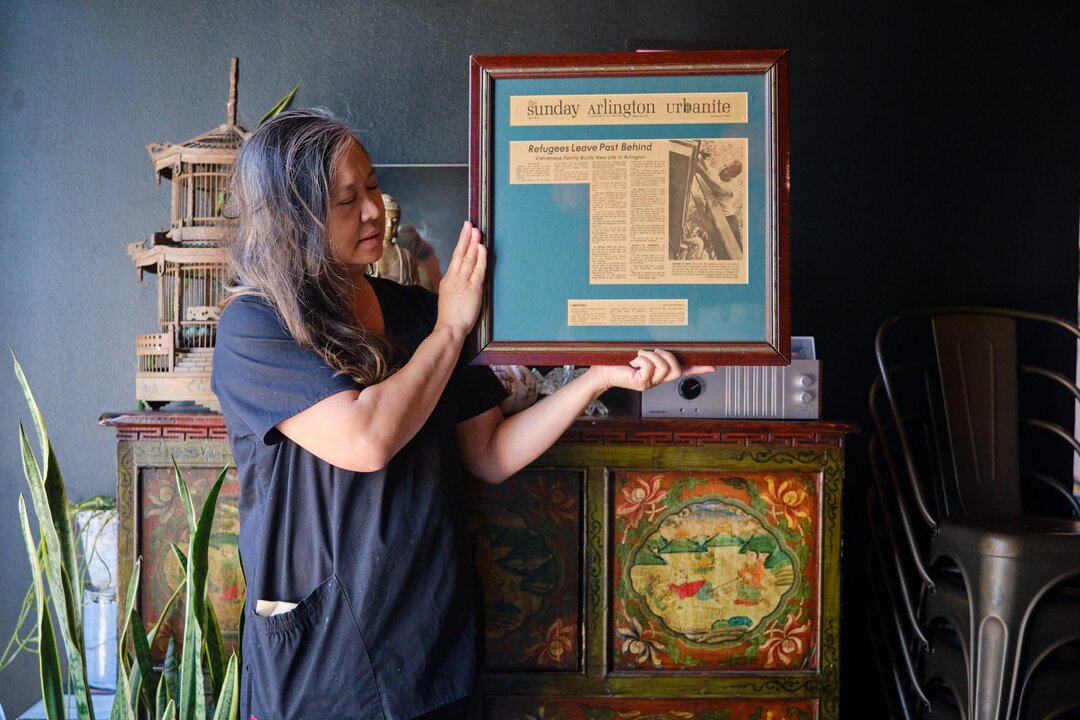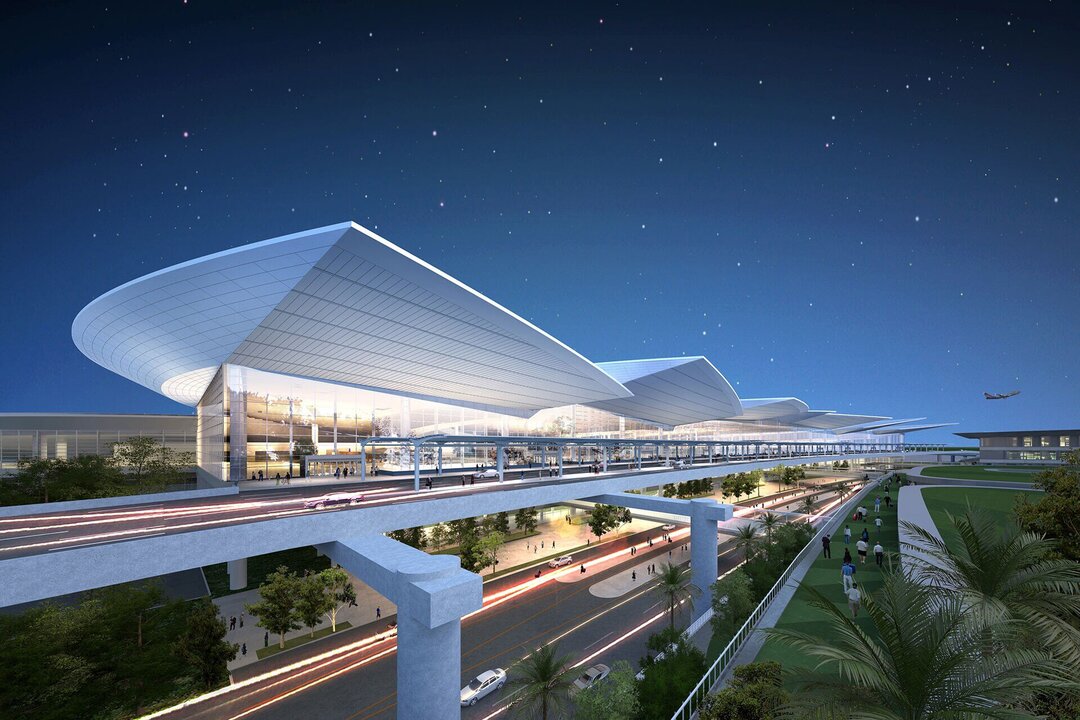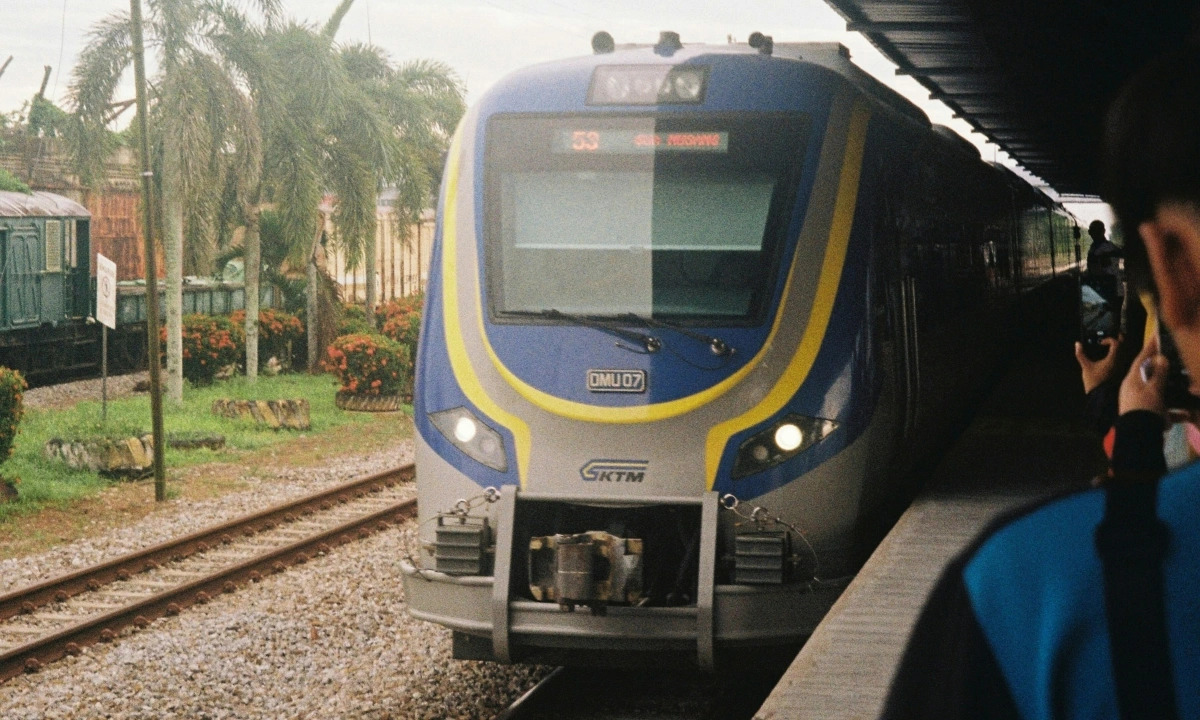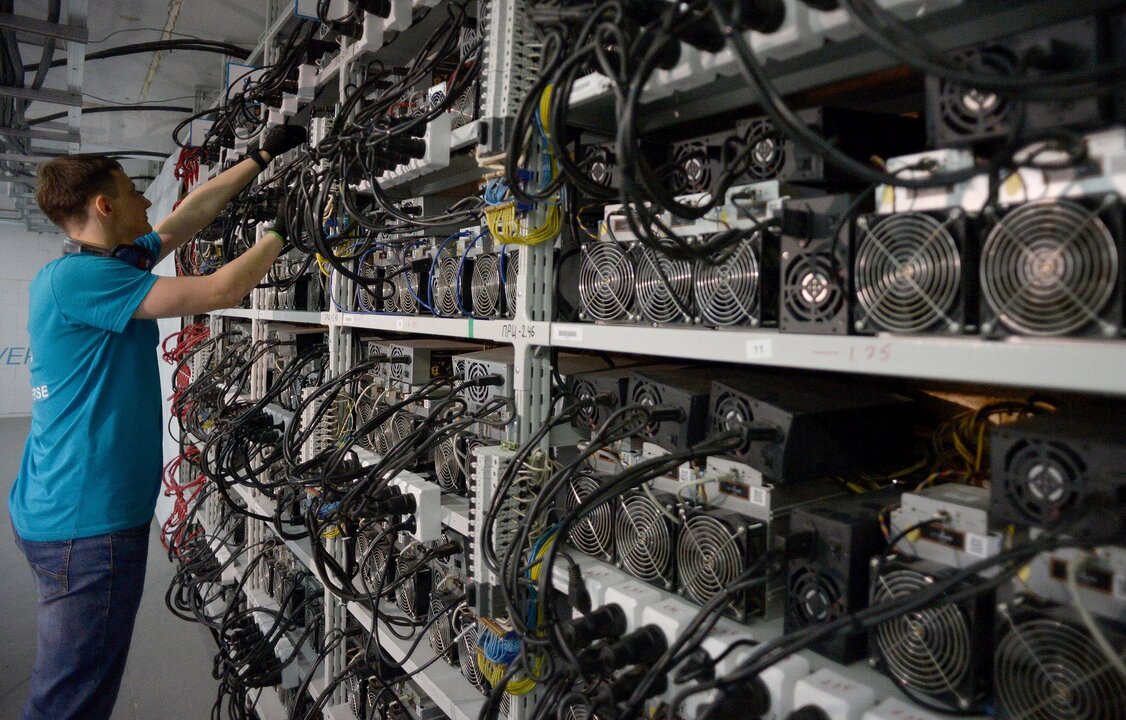The Thai air conditioner market, valued at over 34.5 billion baht, is projected to grow by 6% this year, driven by delayed seasonal heat and intense competition among global brands
Thailand's air conditioner market is expected to experience growth in 2025, with estimates suggesting a 6% increase, according to projections from major electronics brand LG. This growth is attributed to the delayed arrival of warmer weather in mid-February, as opposed to early February in previous years.
Another leading player, Mitsubishi, forecasts a slightly lower growth rate of 5%, with the market valued at approximately 33.5 billion baht.
The projected growth rates are lower than the 14% growth recorded last year, which was driven by extreme heat.
Japan-based brands continue to dominate the Thai air conditioner market, with Mitsubishi claiming a 30% market share.
Chinese brands are increasingly expanding their presence in the market through local production and marketing strategies, leveraging Thailand's role as a manufacturing hub for home appliances.
Several global and regional players, including Mitsubishi, Toshiba, LG, Carrier, Haier, TCL, Midea, and Hisense, launched new air conditioner models in Thailand during the first quarter of 2025. These brands emphasized cutting-edge technologies such as AI features, energy efficiency, and advanced air purification systems.
Pricing competition has intensified, particularly between Chinese and Korean brands, with Chinese models typically priced 10-20% lower.
Chinese tech giant Xiaomi has also entered the Thai air conditioner segment, focusing on technology and targeting online platforms and flagship stores.
The growing presence of Chinese home appliance brands in Thailand is driven by factors such as trade wars, tax considerations, and the strength of Thailand's supply chain.
The entry of emerging Chinese brands is expected to further intensify price competition in Thailand's air conditioner market.
Another leading player, Mitsubishi, forecasts a slightly lower growth rate of 5%, with the market valued at approximately 33.5 billion baht.
The projected growth rates are lower than the 14% growth recorded last year, which was driven by extreme heat.
Japan-based brands continue to dominate the Thai air conditioner market, with Mitsubishi claiming a 30% market share.
Chinese brands are increasingly expanding their presence in the market through local production and marketing strategies, leveraging Thailand's role as a manufacturing hub for home appliances.
Several global and regional players, including Mitsubishi, Toshiba, LG, Carrier, Haier, TCL, Midea, and Hisense, launched new air conditioner models in Thailand during the first quarter of 2025. These brands emphasized cutting-edge technologies such as AI features, energy efficiency, and advanced air purification systems.
Pricing competition has intensified, particularly between Chinese and Korean brands, with Chinese models typically priced 10-20% lower.
Chinese tech giant Xiaomi has also entered the Thai air conditioner segment, focusing on technology and targeting online platforms and flagship stores.
The growing presence of Chinese home appliance brands in Thailand is driven by factors such as trade wars, tax considerations, and the strength of Thailand's supply chain.
The entry of emerging Chinese brands is expected to further intensify price competition in Thailand's air conditioner market.


